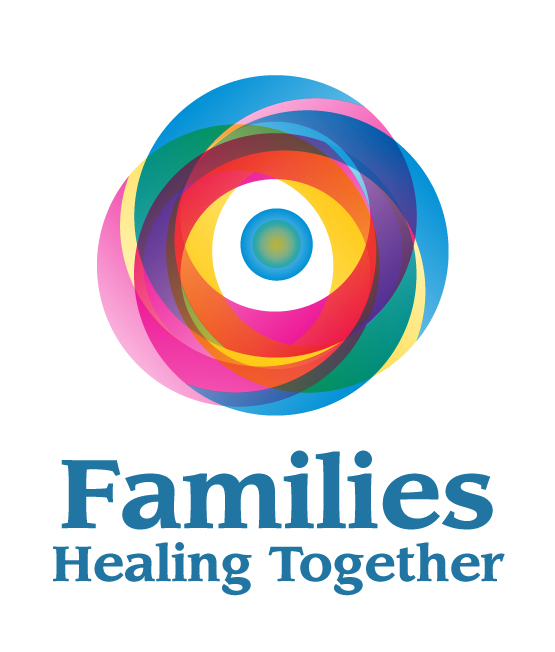Before you read what I am about to say, see the previous blog post on why Dr. Hoffer said people with schizophrenia don’t get cancer. (They have excellent genes.)
I’ve long thought that this group of people don’t get cancer because their mind, not their body, is where they are most vulnerable and that’s where their symptoms will manifest. This is my anecdotal conclusion from observing my own son, although it’s a real ego booster to think he comes from excellent gene stock. His childhood tolerance to physical pain was indeed something to behold. He’s always been a thinker, spending too much time in his head with almost zero focus on his body. That’s why I’ve placed so much effort in the past ten years on finding therapies that stress integrating the body and the mind. I’ve long maintained that when Chris gets physically sick, then I know he’s on the road to balanced health. I’ve cheered every sniffle he very occasionally gets.
I’m reading a fascinating book by Amy Lansky, entitled Impossible Cure: The Promise of Homeopathy. In it she writes about each person’s energetic state as having a center of gravity, a homeopathic concept introduced by George Vithoulkas, MD. The center of gravity is a general zone of susceptibility to certain kinds of diseases.
“In his text, The Science of Homeopathy, Vithoulkas describes the center of gravity as a combination of states or vibratory levels in the emotional, mental, and physical realms. Within each of these realms is a range of diseases, from simple and largely benign, to serious and life-threatening. Vithoulkas maintains that individuals resonate only with those diseases that have an affinity to their center of gravity. For example, a psychotic person’s center of gravity is weighted very strongly in the mental and emotional realm, but not as strongly in the physical realm. This explains why psychotic patients do not get as many minor physical illnesses as other people. While they are very susceptible to stimuli that affect their minds, they are not as susceptible to factors that affect their bodies. In contract, a cancer patient’s center of gravity is very severe in the physical realm, but may be quite benign in the mental realm.”
Impossible Cure: The Promise of Homeopathy, by Amy Lansky, PhD.
 My precious daughter, Helia, was diagnosed with “schizophrenia” fourteen years ago at age of 23. Her illness was sudden and shocking to all who knew her. Helia had a good life by all worldly standards. She was stunningly beautiful, with a kind and sweet personality. She had recently graduated from one of the country’s top universities. She had a good job and had recently been promoted. She lived in NYC, the city she loved, was about to be engaged to the man she deeply loved, and was very involved in her local church. She was a devout Christian who had had a major conversion experience while she was in college, and whose life was centered on her faith in God.
My precious daughter, Helia, was diagnosed with “schizophrenia” fourteen years ago at age of 23. Her illness was sudden and shocking to all who knew her. Helia had a good life by all worldly standards. She was stunningly beautiful, with a kind and sweet personality. She had recently graduated from one of the country’s top universities. She had a good job and had recently been promoted. She lived in NYC, the city she loved, was about to be engaged to the man she deeply loved, and was very involved in her local church. She was a devout Christian who had had a major conversion experience while she was in college, and whose life was centered on her faith in God.

 By Krista MacKinnon
By Krista MacKinnon